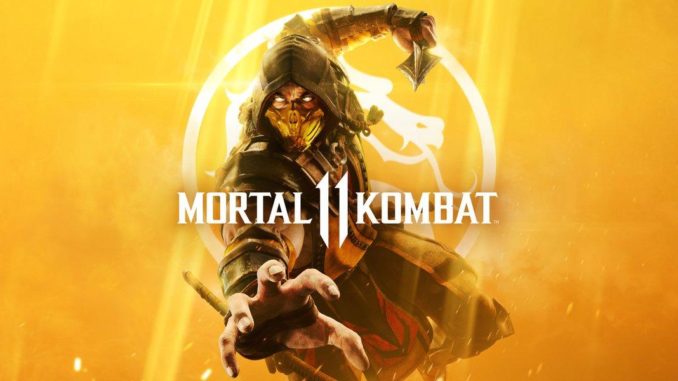
When microtransactions are a reality, the implications surrounding them are questionable. Many despise this practice on principal, citing games which offer powerful and game-changing power-ups in exchange for cash. Many developers subvert this fear with transactions that tempt players with cosmetic alterations, accessories, or different appearances entirely to personalize the experience. These are intended to appeal to gamers who are sold on the aesthetic of the game over other aspects it has to offer. These transactions are not meant to affect the core gameplay experience, which is the most important part of the experience of playing the game.
Despite this, it seems that it is the sacred gameplay itself that is coming under fire. Recently, Mortal Kombat 11 players were given in-game currency as a sort of apology. The offense? The challenges in the game are too difficult and time consuming for the vast majority of players. This brings us to a bit of a strange situation. Many liken the reward progression of the game to that of the free-to-play model in which it can take several hours to unlock basic cosmetics. While this may be true for some, the apology itself is wholly unwarranted. According to critical reviews and the player base itself, the combat of the game is tight and offers a plethora of modes and customization options. This matters little to the more vocal users, however, as their complaint of time investment is inherently rooted in difficulty.
Many have expressed that upon release the difficulty of the Towers, gauntlets of increasingly powerful opponents, are too difficult to realistically experience all the game has to offer. The players have also found the alternative to these challenges is an investment of over $6,000. This is not an appealing request especially when followed by Dead or Alive 6, another fighting game which offers a similar value for $1,000. The palpable backlash of both of these offers across the internet brushes aside a much more shocking revelation.
It is one that shows a shift in the mentality of those who play video games. Converting time to money is a logical avenue for one who aspires to unlock everything in the game. However in the case of Mortal Kombat and other fighting games, the main gameplay loop is one centered around mastery of the systems. Even the fantastic storytelling of the game is centered around 1 on 1 fighting. Therefore one could logically deduce that to unlock the most coveted cosmetics, especially upon release, the game would demand a high skill level. Especially with even more reward-based content all but assured.
This makes the negative reception of the reward system a puzzling one. It is especially alarming when one considers that this practice is one that is both a traditional approach and presumably the most accepted. This doesn’t appear to be the case. This bizarre series of events shows an entirely different side of the gaming community. One that places elements engineered to explore the plethora of variable combat offered by the game is seen as a hindrance to its experience. It is quite an alarming turn as this practice is decidedly different from other games with actual devices to “time gate†players. Titles such as Anthem and World of Warcraft are notorious for locking content behind obviously arbitrary tasks or even real-world days.
Its very alarming when a skill barrier rather than an obvious diversion is received so negatively. Even more so that it is being used a reason to push microtransactions. This is not the case whatsoever and sheds light on an interesting group of players. Ones who value the reward over the means to obtain it and view games as little more than a time investment. It is interesting, to say the least, to see a very vocal group of players have their experience destroyed due to difficult challenges. Even more so that some still see the alternative as unreasonable. It begs a pivotal and controversial question, just how much mastery should one have over the game to earn a coveted reward? Moreover, how does a developer approach such a situation? Surely those with the most skill (or unfortunately an abundance of expendable income) should have priority access to such appealing rewards. With this development, however, it is clear that this may not always be the case.

Leave a Reply